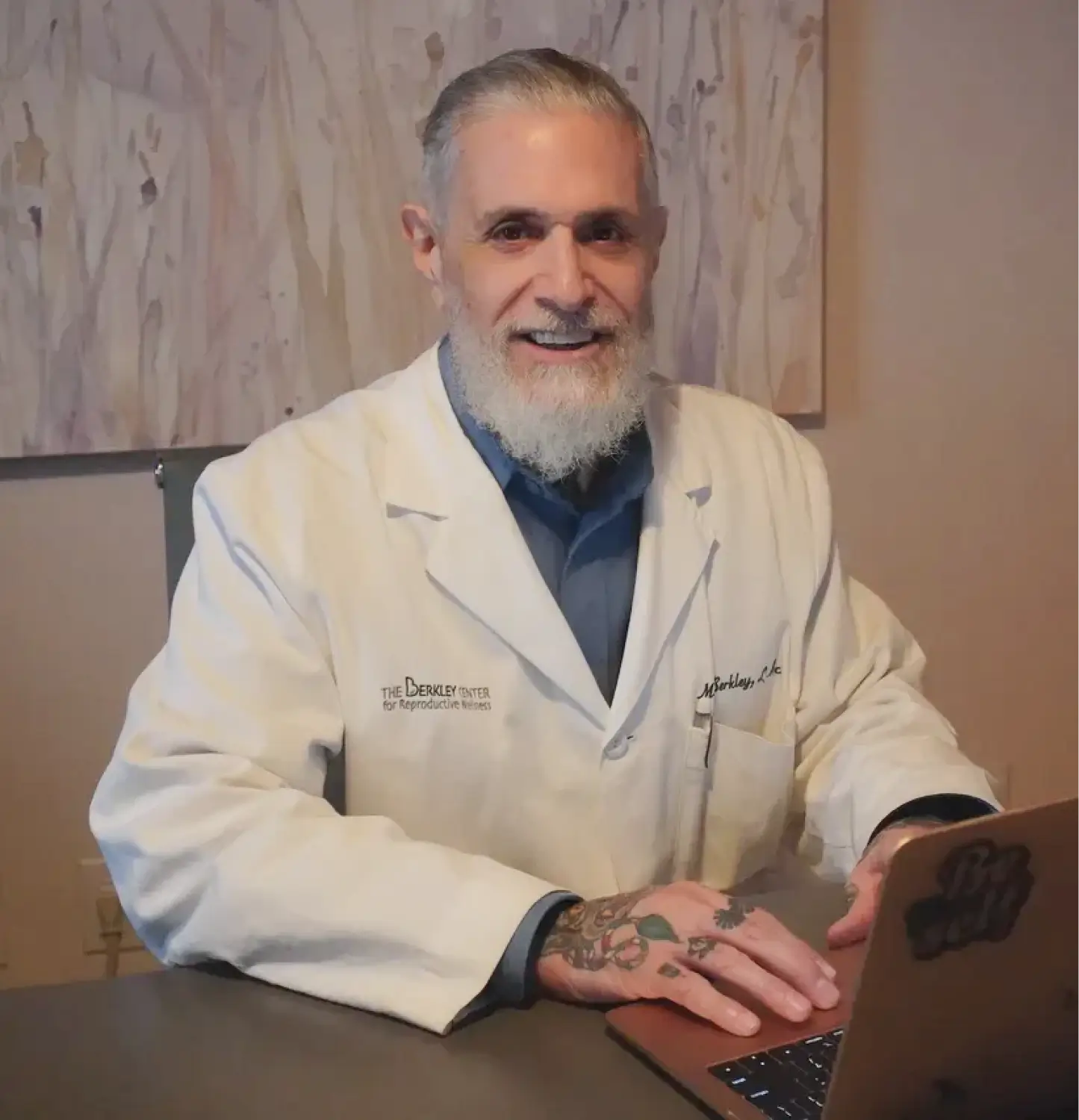
After childbirth, a woman’s body undergoes significant hormonal shifts. The sudden drop in estrogen and progesterone levels can trigger mood swings and contribute to feelings of depression, anxiety, and even rage. These hormonal fluctuations can be overwhelming and affect emotional stability.
Childbirth is a physically demanding process that can leave new mothers exhausted and in pain. The recovery period, combined with the demands of caring for a newborn, can lead to high levels of physical and emotional stress. This stress can exacerbate feelings of anxiety and depression, making it difficult for mothers to cope.
Newborns often have irregular sleep patterns, causing significant sleep deprivation for new mothers. Lack of sleep can impair cognitive function, increase irritability, and lower the ability to manage stress. This sleep deprivation can contribute to the development of postpartum depression, anxiety, and rage.
The transition to motherhood involves significant changes in identity and daily roles. New mothers may feel overwhelmed by the responsibility of caring for a newborn, leading to feelings of inadequacy and loss of self. The pressure to meet societal and personal expectations can exacerbate feelings of anxiety and depression.
New mothers often experience social and emotional isolation, especially if they lack a support system. The demands of caring for a newborn can limit social interactions and lead to feelings of loneliness. This isolation can increase the risk of developing postpartum depression and anxiety.
Women with a history of mental health conditions, such as depression or anxiety, are at a higher risk of experiencing postpartum mood disorders. The stress and hormonal changes associated with childbirth can trigger or worsen pre-existing mental health issues.
Many new mothers have unrealistic expectations about motherhood, often influenced by media portrayals of perfect parenting. When reality doesn’t match these expectations, feelings of failure and inadequacy can arise. This disparity can contribute to feelings of depression, anxiety, and even rage.
Experiencing a traumatic childbirth can significantly impact a woman’s mental health. Complications during delivery, emergency interventions, or a sense of loss of control can lead to feelings of fear and helplessness. These traumatic experiences can contribute to postpartum mood disorders.
A lack of support from partners, family, or friends can make the postpartum period more challenging. Emotional and practical support is crucial for new mothers to feel validated and cared for. Without this support, the risk of developing postpartum depression and anxiety increases.
Acupuncture works from the ‘outside in’, while herbal medicine works from the ‘inside out’.
This dual approach to recovery has shown impressive results with many of our patients. Treatment with these modalities creates an internal environment of self-acceptance, calm, centeredness and a feeling of returning to the old you.

We utilize natural, pesticide free, safe herbs to restore balance and harmony in the body and mind and heart. Herbal medicine has been used for centuries to successfully treat psycho-emotional disorders.
We tailor our herbal medicine formulas for each specific patient. We do not take a ‘cookie-cutter’ approach to care. You are unique and will be treated as such.
You can be helped. You will be helped.
Located in Midtown East, New York City, The Berkley Center for Reproductive Wellness specializes in treating reproductive disorders, as well as postpartum anxiety, depression and rage. Founded by Mike Berkley, L.Ac.,FABORM in 1998, the center offers expert care and helps turn around lives.

Mike Berkley, L.Ac.,FABORM is a distinguished acupuncturist and herbalist renowned for his innovative approaches to reproductive wellness. As the Founder and Director of The Berkley Center for Reproductive Wellness in New York City, he has dedicated his career to helping individuals and couples overcome infertility and supporting women struggling with postpartum depression, anxiety, and rage.
Mike Berkley has revolutionized the field of reproductive health by integrating traditional Chinese medicine with modern fertility treatments. His expertise in acupuncture and herbal medicine has provided hope and solutions for countless patients facing infertility challenges.
Berkley’s approach to infertility involves comprehensive, personalized treatment plans. He combines acupuncture with herbal remedies to enhance fertility, regulate menstrual cycles, and improve overall reproductive health. His holistic methods aim to create an optimal environment for conception by addressing both physical and emotional aspects of infertility.
Understanding the benefits of a multidisciplinary approach, Mike Berkley collaborates closely with fertility specialists, including reproductive endocrinologists and gynecologists. This collaboration ensures that his patients receive the best of both worlds: the precision of modern medicine and the balance of traditional Chinese practices.
Over the years, Berkley has helped numerous couples achieve their dream of parenthood. His innovative treatments have been instrumental in improving egg quality, enhancing sperm health, and increasing the success rates of assisted reproductive technologies such as IVF.
In addition to his work in infertility, Mike Berkley has made significant strides in addressing postpartum depression, anxiety, and rage. His compassionate and effective treatments provide much-needed relief for new mothers navigating the emotional and physical challenges of the postpartum period.
At The Berkley Center for Reproductive Wellness, Mike Berkley ensures a supportive and nurturing environment for his patients. He offers guidance, empathy, and expert care, helping women feel understood and supported throughout their treatment journey.
Mike Berkley’s groundbreaking work in acupuncture and herbal medicine has transformed the lives of many individuals and couples facing infertility and postpartum challenges. His dedication to integrating traditional Chinese medicine with modern fertility treatments and his compassionate approach to postpartum care make him a pioneer in reproductive wellness. Through his innovative methods, Berkley continues to provide hope, healing, recovery, and happiness to his patients.
Acupuncture and herbal medicine offer natural effective, and safe solutions for women suffering from postpartum anxiety, depression or rage. By restoring physical, spiritual, and emotional balance, these treatments will significantly reduce your symptoms. You will be ‘you’ again!
We are 100% dedicated to helping you be well.

Mike Berkley, LAc, FABORM, is a licensed and board-certified acupuncturist and a board-certified herbalist. He is a fertility specialist at The Berkley Center for Reproductive Wellness in the Midtown East neighborhood of Manhattan, New York.
View all posts